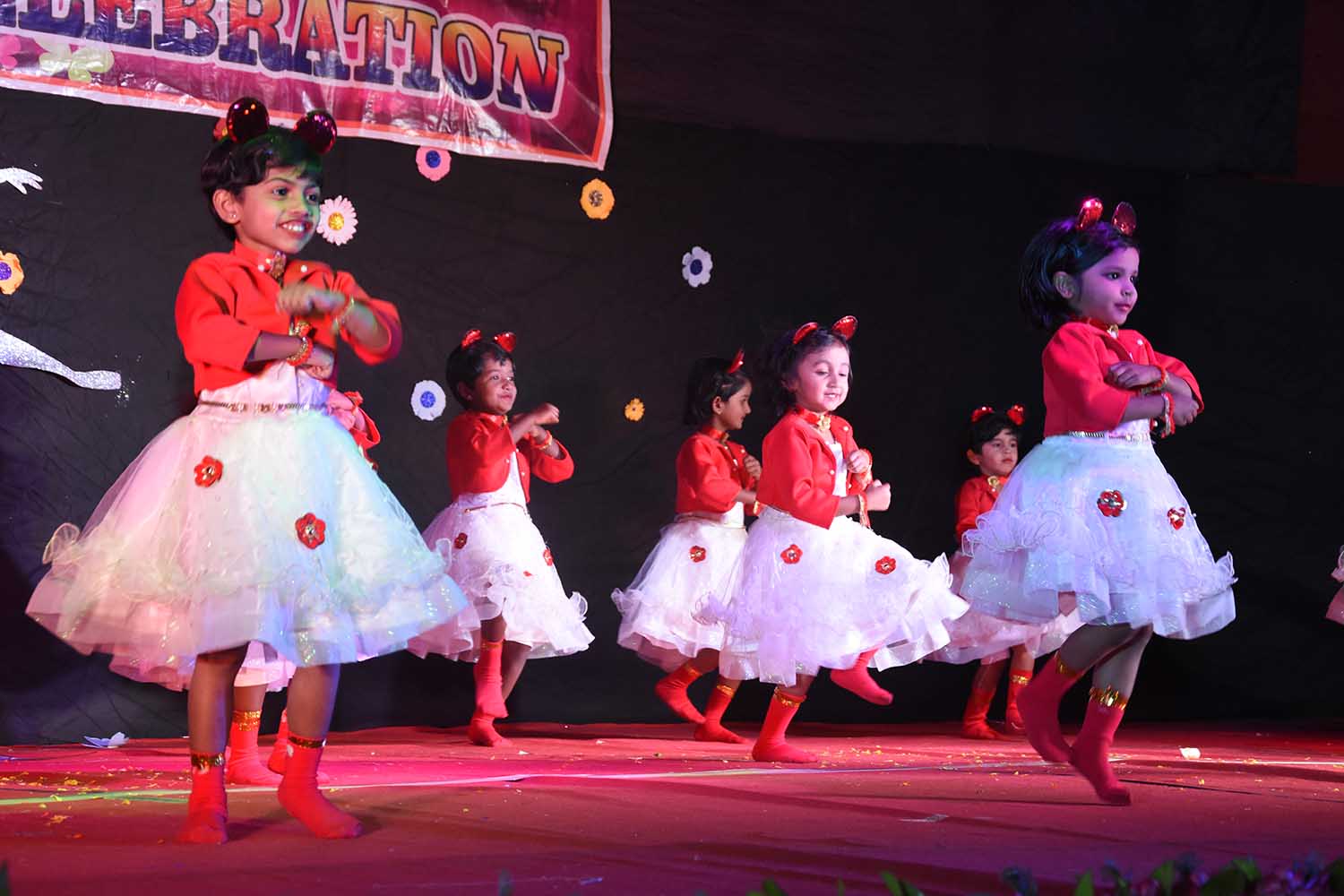Music, Dance & Theater
♫ ♪ ♪ Our Music ♫ ♪ ♪


Music is a powerful, unique form of communication that can change the way pupils feel. It breaks down communication barriers for those pupils who do not communicate verbally or easily. It brings together intellect and feeling and enables personal expression, reflection, and emotional development. As an integral part of culture, past and present, it helps our pupils understand themselves and relate to others, forging important links between the home, school and the wider world.
At SEMS, we make music an enjoyable learning experience. We encourage children to participate in a variety of musical experiences through which we aim to build up their confidence. We teach our students to listen and to appreciate different forms of music. As children get older, we support them in maintaining their concentration for longer and in listening to more extended pieces of music.
As children get older, we support them in maintaining their concentration for longer and in listening to more extended pieces of music. Children develop descriptive skills in music lessons when learning about how music can represent moods and feelings.
💃 Dance & Drama 🎭

We encourage our pupils to express themselves and their individuality. Dance and drama gives our pupils the opportunity to develop and demonstrate their creative talents. As with all arts, dance and drama involves imagination and feeling, and helps pupils make sense of the world. It is a fantastic opportunity to develop children’s social interaction skills and understanding.
Movement to music can be a very creative, stimulating and enjoyable activity for many pupils, and is often an opportunity to work with pupils of different ages. Enthusiasm is driven by the different types of music and often an outside focus such as pompoms, ribbons, flags, scarves, etc.
It focuses on developing spatial awareness in the room and around others, as well as body awareness and the basic gross motor skills and coordination. Pupils engage in interaction with others and develop their self-esteem as they learn routines and initiate improvisations. Pupils also develop their auditory processing skills, attention span, and rhythm throughout consistent lessons.
At SEMS, drama can be used at every level of development to promote self-awareness and social skills in a child. Drama is suitable for all pupils using role-play, storytelling, and improvisation to encourage language, communication, and social interaction. With its focus on ‘Life as Art’, drama provides a way of presenting life experiences in small digestible chunks in which a child can more easily engage.